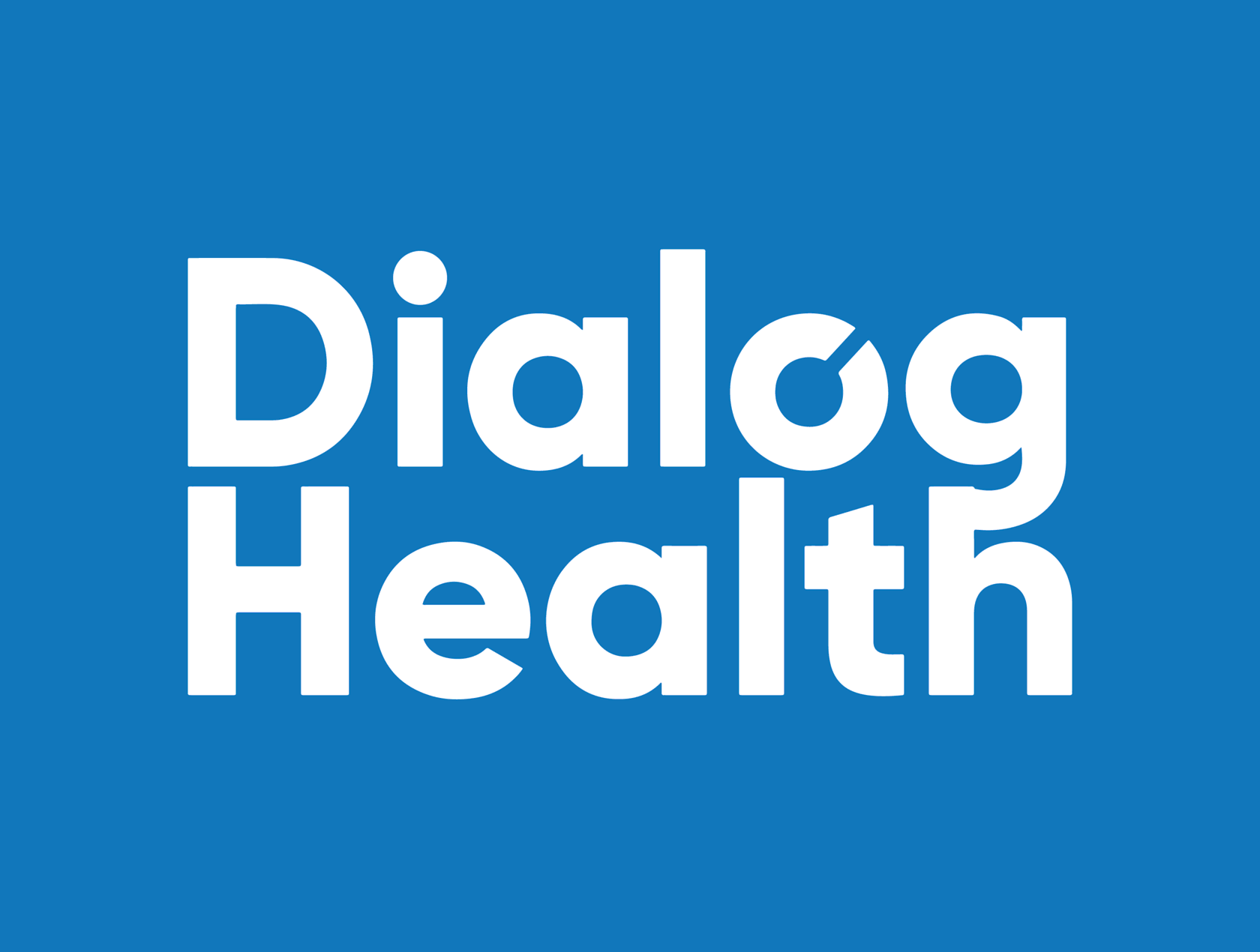- Sweden
-
 Disabled Care
Disabled Care - 15 delegates
- May 2019
During the three-days program, French delegates discovered different aspects of Swedish inclusion policies.
From May 13 to 19th, 2019, a delegation of 15 health and social care executives from the FEHAP French Federation travelled to Stockholm to discover the workings of the Swedish model, internationally renowned for its ability to include people with disabilities in the society.
Sweden adopts the WHO definition of the International Classification of Disabilities: a functional impairment becomes a disability only when the person encounters deficiencies in the development of his living environment or his activity. The Swedish strategy therefore seeks to bridge the gap between people with disabilities and able-bodied people by promoting independence and self-determination.
The LSS Act of 1994, a "support and service" law for the regulation of support and services for people with functional disabilities has profoundly transformed the Swedish medical and social landscape. The fundamental concept that has guided the action of public authorities can be defined in one word: "normalization". This "normalization" process was based on the closing of large housing institutions and the desire that specialized care institutions are only a last resort. This policy is strongly supported by organizations of people with disabilities. The law provides these persons under 65 the right to ten different services, the most important of which is the right to personal assistance. These services are recognized as specific social rights, in contrast to social assistance that relies on discretionary coverage of needs. This law is also a law of decentralization, which makes the cities competent for all medico-social actions.
During the three-days program, French delegates discovered different aspects of Swedish inclusion policies. An exchange with SALAR officials, the Swedish association of local and regional authorities, allowed them to become familiar with the challenges faced by municipalities and regions in meeting their obligations concerning people with disabilities, and the difficulty of to meet the growing needs in terms of mental health.
At the Häggvik Specialized High School, the delegates exchanged with committed professionals, who offer comprehensive care to young people with disabilities: school education, but also after school activities, holiday centre and apartments designed to help them to learn how to by themselves. This tailor-made support is not without means, with more than 130 professionals employed for 180 high school students!
Integration by activity and work is an important element of the Swedish inclusion strategy. The participants visited several day care facilities, allowing a global comprehension of the missions of these establishments. They also met a team specializing in rehabilitation, responsible for the diagnosis and support of children and adults with autism spectrum disorders.
In Nytida, delegates visited a collective housing structure: a house in the countryside, housing 6 young adults with autism spectrum disorders. The quality of the support as well as the level of supervision (4 professionals are present every day) gave rise to lively discussion among the French directors.
This international experience was particularly fruitful for the FEHAP participants as it allowed them to open their field of reflection for future reforms in the medico-social sector in France.
Sweden adopts the WHO definition of the International Classification of Disabilities: a functional impairment becomes a disability only when the person encounters deficiencies in the development of his living environment or his activity. The Swedish strategy therefore seeks to bridge the gap between people with disabilities and able-bodied people by promoting independence and self-determination.
The LSS Act of 1994, a "support and service" law for the regulation of support and services for people with functional disabilities has profoundly transformed the Swedish medical and social landscape. The fundamental concept that has guided the action of public authorities can be defined in one word: "normalization". This "normalization" process was based on the closing of large housing institutions and the desire that specialized care institutions are only a last resort. This policy is strongly supported by organizations of people with disabilities. The law provides these persons under 65 the right to ten different services, the most important of which is the right to personal assistance. These services are recognized as specific social rights, in contrast to social assistance that relies on discretionary coverage of needs. This law is also a law of decentralization, which makes the cities competent for all medico-social actions.
During the three-days program, French delegates discovered different aspects of Swedish inclusion policies. An exchange with SALAR officials, the Swedish association of local and regional authorities, allowed them to become familiar with the challenges faced by municipalities and regions in meeting their obligations concerning people with disabilities, and the difficulty of to meet the growing needs in terms of mental health.
At the Häggvik Specialized High School, the delegates exchanged with committed professionals, who offer comprehensive care to young people with disabilities: school education, but also after school activities, holiday centre and apartments designed to help them to learn how to by themselves. This tailor-made support is not without means, with more than 130 professionals employed for 180 high school students!
Integration by activity and work is an important element of the Swedish inclusion strategy. The participants visited several day care facilities, allowing a global comprehension of the missions of these establishments. They also met a team specializing in rehabilitation, responsible for the diagnosis and support of children and adults with autism spectrum disorders.
In Nytida, delegates visited a collective housing structure: a house in the countryside, housing 6 young adults with autism spectrum disorders. The quality of the support as well as the level of supervision (4 professionals are present every day) gave rise to lively discussion among the French directors.
This international experience was particularly fruitful for the FEHAP participants as it allowed them to open their field of reflection for future reforms in the medico-social sector in France.
Subscribe to our newsletter
Once a month you will learn about our latest tours.
By clicking the button you agree to our Privacy Policy
Photos
Previous study missions

